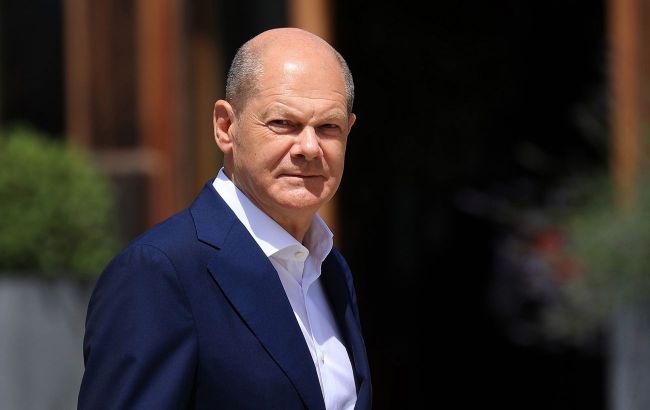Scholz nominated as German chancellor candidate
 Photo: German Chancellor Olaf Scholz (Getty Images)
Photo: German Chancellor Olaf Scholz (Getty Images)
The Social Democratic Party of Germany (SPD) has officially nominated Olaf Scholz as its lead candidate for chancellor in the upcoming federal elections, announce SPD leaders Saskia Esken and Lars Klingbeil, according to Tagesschau.
The decision, made unanimously, will be confirmed at the party conference scheduled for January 11.
According to Lars Klingbeil, Scholz’s nomination was a “deliberate decision.” He also highlighted the lack of government experience of the Christian Democratic Union (CDU) candidate, Friedrich Merz, which, in the SPD leadership’s view, gives Scholz an additional advantage.
Saskia Esken emphasized that Scholz possesses the necessary qualities to lead the country, thanks to his “principled and decisive” approach. She also announced a forthcoming “brief, clear, and combative” election campaign.
In recent weeks, the SPD faced public debates about whether to replace Scholz, whose popularity has waned amid the collapse of the ruling coalition, with the more popular Defense Minister Boris Pistorius. However, last Thursday, Pistorius stated that he had no intention of running, thereby paving the way for Scholz’s unanimous endorsement.
For the first time, the upcoming Bundestag elections, scheduled for February 23, will feature four candidates for the position of chancellor. In addition to Scholz, they include Friedrich Merz from the CDU, Robert Habeck from the Green Party, and Alice Weidel, whose candidacy will be officially confirmed by the leadership of the Alternative for Germany (AfD) on December 7.
Elections in Germany
In early November, the ruling coalition in Germany collapsed following Chancellor Olaf Scholz’s dismissal of Finance Minister Christian Lindner, a representative of the SPD.
On November 8, German President Frank-Walter Steinmeier handed dismissal documents to the ministers.
In response, Olaf Scholz expressed his readiness to submit a vote of confidence in the government to the Bundestag. At the same time, German opposition parties are considering the possibility of forming a new coalition involving Scholz’s party but excluding his personal participation.
Early elections in Germany could impact not only the country's domestic policy but also its foreign policy positions, particularly in relations with Ukraine. For more details, read the material by RBC-Ukraine.

